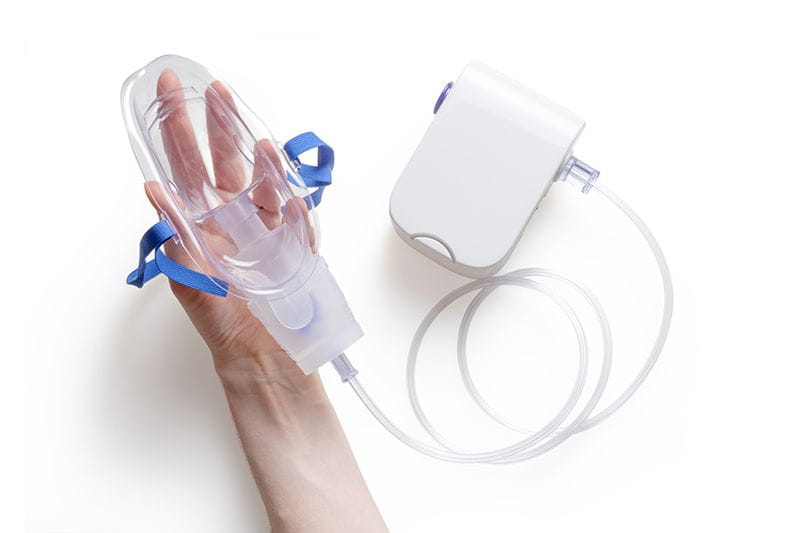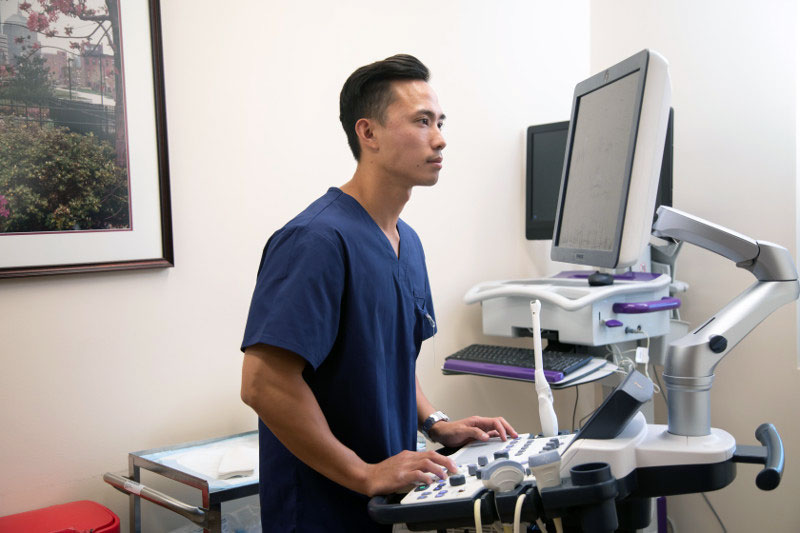Employees looking for a career in healthcare outside of patient care may wish to look at health informatics. It is a field that is growing quickly and offers an above average salary. Informatics can be a great option for those entering healthcare or an IT professional looking for a career pivot. Health Informatics, sometimes referred to as Health Information, provides an interdisciplinary approach to the learning experience. The Commission on Accreditation for Health Informatics and Information Management Education (CAHIIM) defines Health Informatics as “an interprofessional specialty that exists at the confluence of three major domains:
- Health
- Information Science and Technology
- Social Behavioral Science”
The interdisciplinary nature of this degree path can be appealing to those in or outside of healthcare. Health Informatics can be a great option for those with a background in technology wanting to transition into the healthcare field. “Health informatics professionals devise, create and maintain the systems that allow that information to travel, as well as the security systems that inhibit that flow at the sign of danger” according to USF Health. The U.S. Bureau of Labor Statistics indicates this field is experiencing an above average growth rate of approximately 9% through 2030.
Education Options
Those seeking education in health informatics have multiple entry points. If you are just starting your educational journey, you can start with an associate or bachelor’s in Health Information Management. There are also bachelor’s in Informatics or a combination of Informatics and Health Information. Generally, a master’s in Health Informatics is more common and there are more program options at this level.
CAHIIM offers a program directory with accredited programs at all levels. Our Bright Horizons partner, Herzing University, offers you an opportunity to start your Healthcare Informatics career with both the associate and bachelors in Healthcare Information Management. Bachelor’s options can be found at Indiana University as well as our partner school, Liberty University. For those with a bachelor’s degree, the University of South Florida offers a Master of Science in Health Informatics. This program offers 8-week courses, is 32 credits in length, and you can complete your degree in just 2 years. Another entry point to consider is a graduate certificate in health informatics. A certificate is a shorter pathway to begin the career and credits may transfer into a master’s degree. Drexel University offers a fully online graduate certificate in health informatics.
Once you have been working in the industry for a bit of time, you may want to consider a certification in health informatics through the American Medical Informatics Association. Pursuing a certification further enhances your education and solidifies that you are a content expert in the field of health informatics.
For more information on the field, the American Health Information Management Association (AHIMA) offers a career map with descriptions of multiple informatics jobs and the education needed to obtain them.





